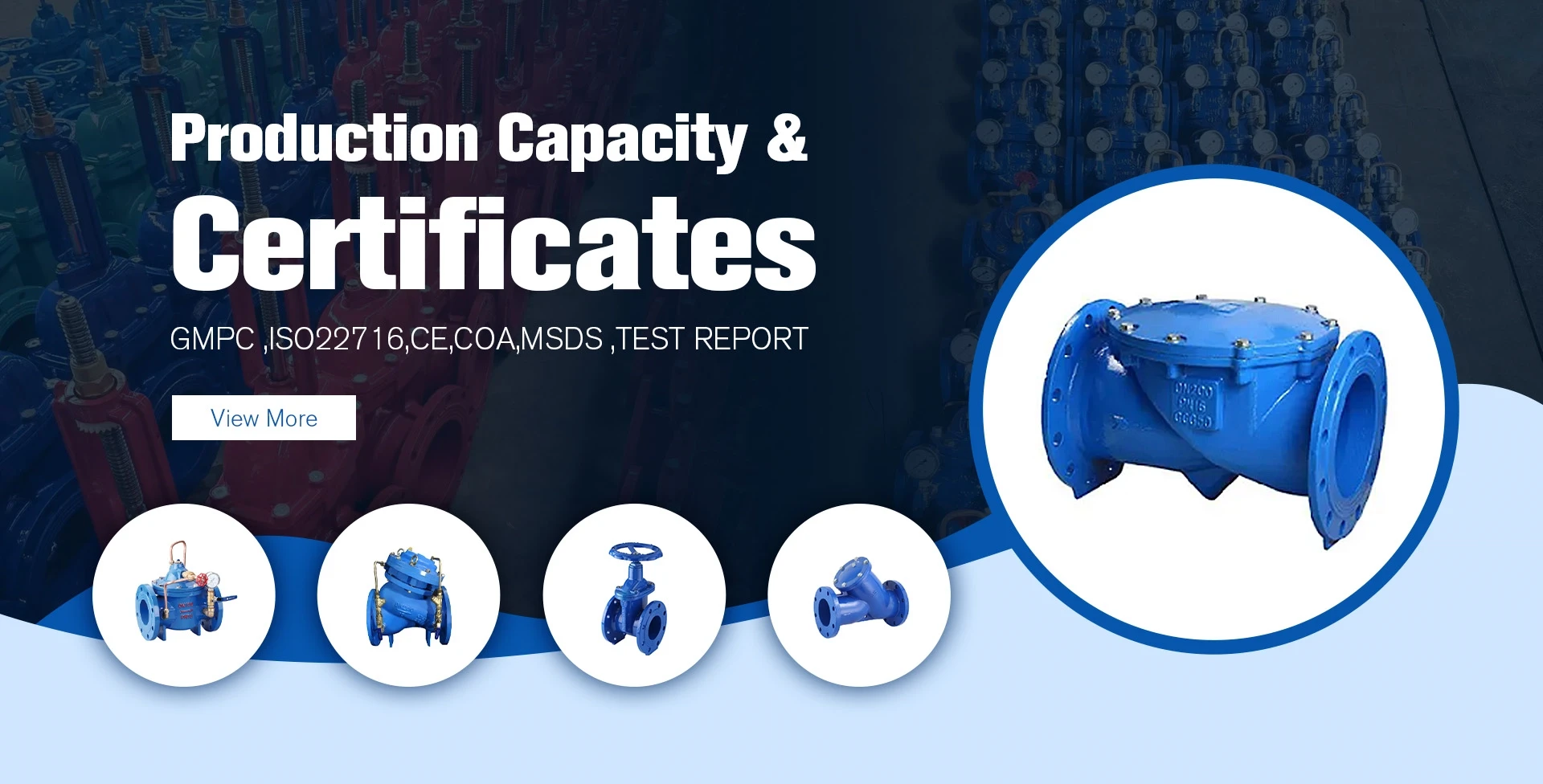Sen . 28, 2024 16:09 Back to list
Understanding the Functionality and Applications of Hole Gauges in Precision Measurement
Understanding Hole Gauges An Essential Tool for Precision Engineering
Hole gauges, a critical tool in the field of precision engineering, play an essential role in the manufacturing and inspection processes of various components. These precision instruments are designed to measure internal diameters of holes, ensuring that parts meet tight tolerances required in various industries, from automotive to aerospace. This article delves into the importance, types, applications, and benefits of hole gauges, demonstrating how they contribute to quality control and efficiency in manufacturing.
What Are Hole Gauges?
Hole gauges are specialty measuring tools used to determine the diameter and roundness of holes. Unlike traditional calipers or micrometers, hole gauges are specifically designed for measuring the internal dimensions of holes, making them invaluable in ensuring that parts fit together precisely. These gauges can be simple, with a single measurement point, or complex, incorporating various features to achieve high levels of accuracy.
Types of Hole Gauges
There are several types of hole gauges available, each suited for different measurement needs
1. Plug Gauges Used to check the size and roundness of holes, plug gauges are cylindrical gauges that are inserted into the hole. They come in a variety of diameters and are often classified as go-no-go gauges, indicating whether a hole is within the specified tolerances.
2. Internal Micrometers These are adjustable measuring devices that allow for more precise measurement of internal diameters. They typically consist of a cylindrical measuring head with a micrometer screw mechanism, which can accurately measure small increments.
3. Dial Bore Gauges These gauges include a dial indicator that shows the measurement as the gauge is inserted into the hole. Dial bore gauges provide detailed readings and can capture subtle variations in diameter, making them ideal for quality control.
4. Electronic Hole Gauges With advancements in technology, electronic hole gauges have become popular. They provide digital displays for easy reading and can offer high precision measurements, often with data output capabilities for integrating with quality assurance systems.
Applications of Hole Gauges
Hole gauges are used across a wide range of industries. Some significant applications include
hole gauges

- Automotive Manufacturing Ensuring engine components fit correctly is critical for performance. Hole gauges are used to measure engine block holes, ensuring proper alignment and fit of cylinders and bearings.
- Aerospace In the aerospace sector, even the smallest imperfections can lead to significant failures. Hole gauges are utilized to inspect holes in aircraft components, ensuring safety and reliability.
- Machinery Industrial machines often require precise assembly of parts. Hole gauges help in maintaining tight tolerances during the manufacturing and assembly processes.
- Medical Device Manufacturing The precision required in medical devices is crucial. Hole gauges are used to verify the dimensions of holes in various components, ensuring patient safety and device effectiveness.
Benefits of Using Hole Gauges
Utilizing hole gauges in manufacturing processes offers several advantages
1. Precision Hole gauges provide accurate measurements that are critical for maintaining quality control in production. This precision helps reduce scrap rates and ensures parts are manufactured to specification.
2. Easy to Use Most hole gauges are straightforward, allowing operators to quickly measure internal diameters without the need for extensive training.
3. Versatility With different types of hole gauges available, manufacturers can select the gauge that best fits their specific application and tolerances.
4. Cost-Effectiveness By ensuring that parts are manufactured to the correct specifications, hole gauges help companies save money in the long run by reducing the need for rework and minimizing material wastage.
Conclusion
In conclusion, hole gauges are indispensable tools in precision engineering and manufacturing. By ensuring that holes are manufactured to precise specifications, they contribute significantly to product quality, performance, and safety across various industries. Whether in automotive, aerospace, or machinery production, understanding and utilizing hole gauges is crucial for achieving operational excellence and maintaining competitive advantage in today’s market.
-
Why Metric Trapezoidal Thread is Ideal for Precision Motion ControlNewsAug.05,2025
-
The Unique Properties of a Block of Granite for Industrial UseNewsAug.05,2025
-
The Role of Flanged Y Strainers in Preventing Pipeline ClogsNewsAug.05,2025
-
The Importance of Regular Calibration for Master Ring GagesNewsAug.05,2025
-
How a Cast Iron Surface Table Enhances Accuracy in ManufacturingNewsAug.05,2025
-
Comparing Different Check Valve Types for Optimal Flow ControlNewsAug.05,2025
Related PRODUCTS









